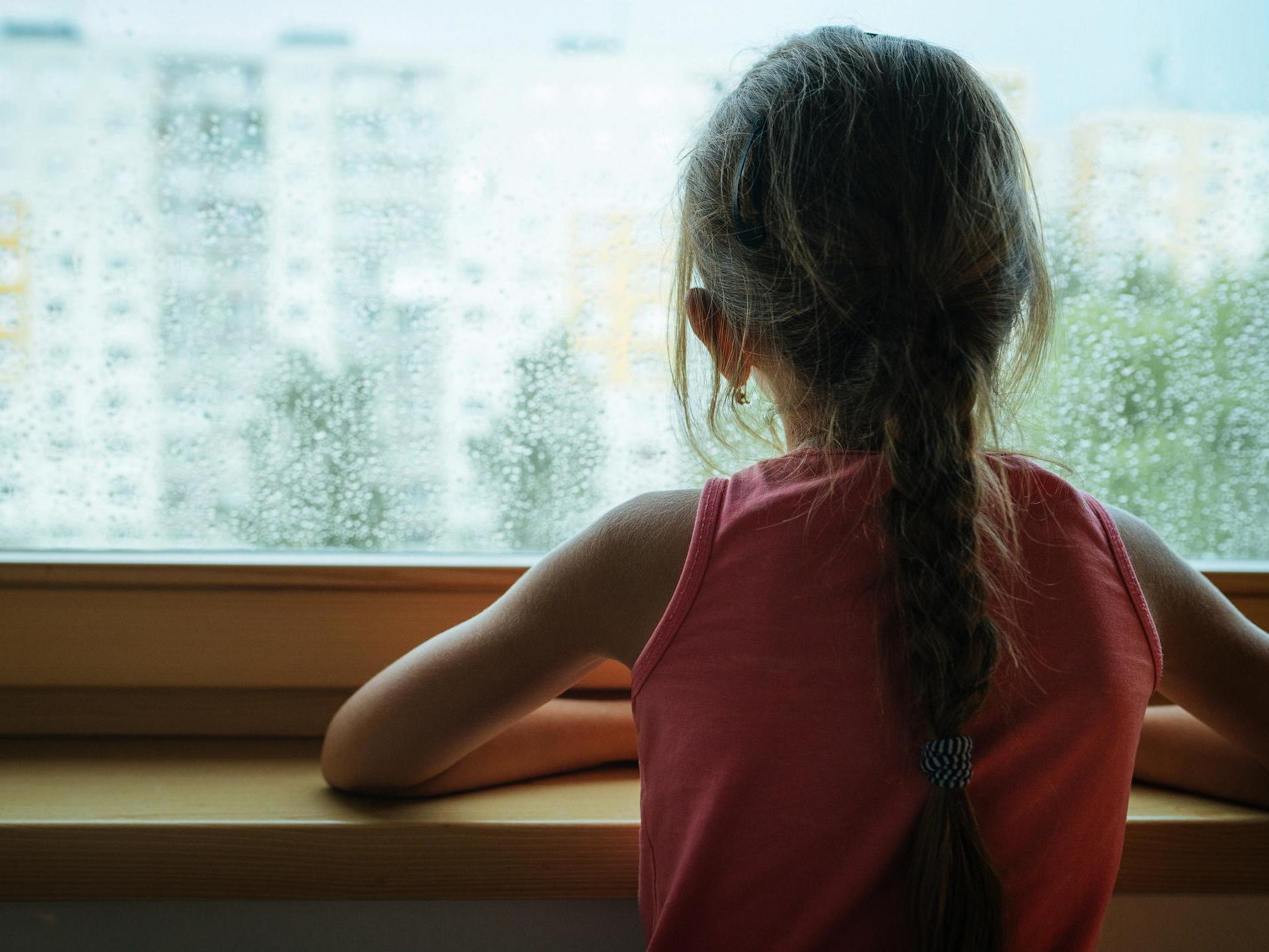Coronavirus: Children 'developing post-traumatic stress' from outbreak
New report from the Childhood Trust warns children are developing mental health conditions due to the pandemic

Your support helps us to tell the story
From reproductive rights to climate change to Big Tech, The Independent is on the ground when the story is developing. Whether it's investigating the financials of Elon Musk's pro-Trump PAC or producing our latest documentary, 'The A Word', which shines a light on the American women fighting for reproductive rights, we know how important it is to parse out the facts from the messaging.
At such a critical moment in US history, we need reporters on the ground. Your donation allows us to keep sending journalists to speak to both sides of the story.
The Independent is trusted by Americans across the entire political spectrum. And unlike many other quality news outlets, we choose not to lock Americans out of our reporting and analysis with paywalls. We believe quality journalism should be available to everyone, paid for by those who can afford it.
Your support makes all the difference.Children are developing post-traumatic stress due to the pandemic, a new report by The Childhood Trust has found.
The report states that disadvantaged children are particularly vulnerable to experiencing mental health conditions such as depression and anxiety due to social isolation and hunger.
The pandemic is also likely to have severe consequences for these children’s education.
For example, children whose schools have not reopened and do not have access to internet cannot access online tuition.
“Students from disadvantaged backgrounds have significantly fewer, if any, resources including limited access to technology and internet connection, restricted supervision or guidance over educational activities and an unstabel working environment,” the report states.
Likewise, such children may not be able to access online healthcare appointments or therapy.
The lack of contact with teachers, GPs, and peers may also put children in domestic abusive households in danger, the report notes.
The report also points to a 21 per cent surge in alcohol sales during lockdown, adding that there are 2.6 million children living with a parent drinking hazardously, while 705,000 live with a dependent drinker.
It states: “Children and young people caring for family members with substance abuse and/or alcohol problems may find their physical and mental health, relationships, and educational outcomes significantly more impacted than prior to the Covid-19 restrictions.”
Speaking to the BBC, Laurence Guinness, chief executive of The Childhood Trust, said that many children were also experiencing “vivid nightmares” about the coronavirus and death during lockdown, which he said is a possible side-effect of post-traumatic stress disorder (PTSD).
“The rising death tolls being reported every day – these kids have seen all of that and internalised it,” he said.
As for what can be done to support these children, Guinness writes that he hopes readers will find the report helpful in terms of thinking about how individuals and companies can “play a role in fostering conditions conducive to children’s wellbeing” and urges people to donate to its Champions for Children campaign, which supports disadvantaged children who are suffering in lockdown.
“We are match-funding 94 brilliant charities that are collectively aiming to raise over £3m to support 100,000 children across London who desperately need our support if they are to recover,” the organisation’s website reads.
“The 94 projects run by these charities will provide loving care, hot meals, fun activities, recreation, mentoring and many more brilliant activities and opportunities this summer and beyond that will help children to recover and be ready to return to school to make the most of their education.”
You can read the full report here.
Join our commenting forum
Join thought-provoking conversations, follow other Independent readers and see their replies
Comments